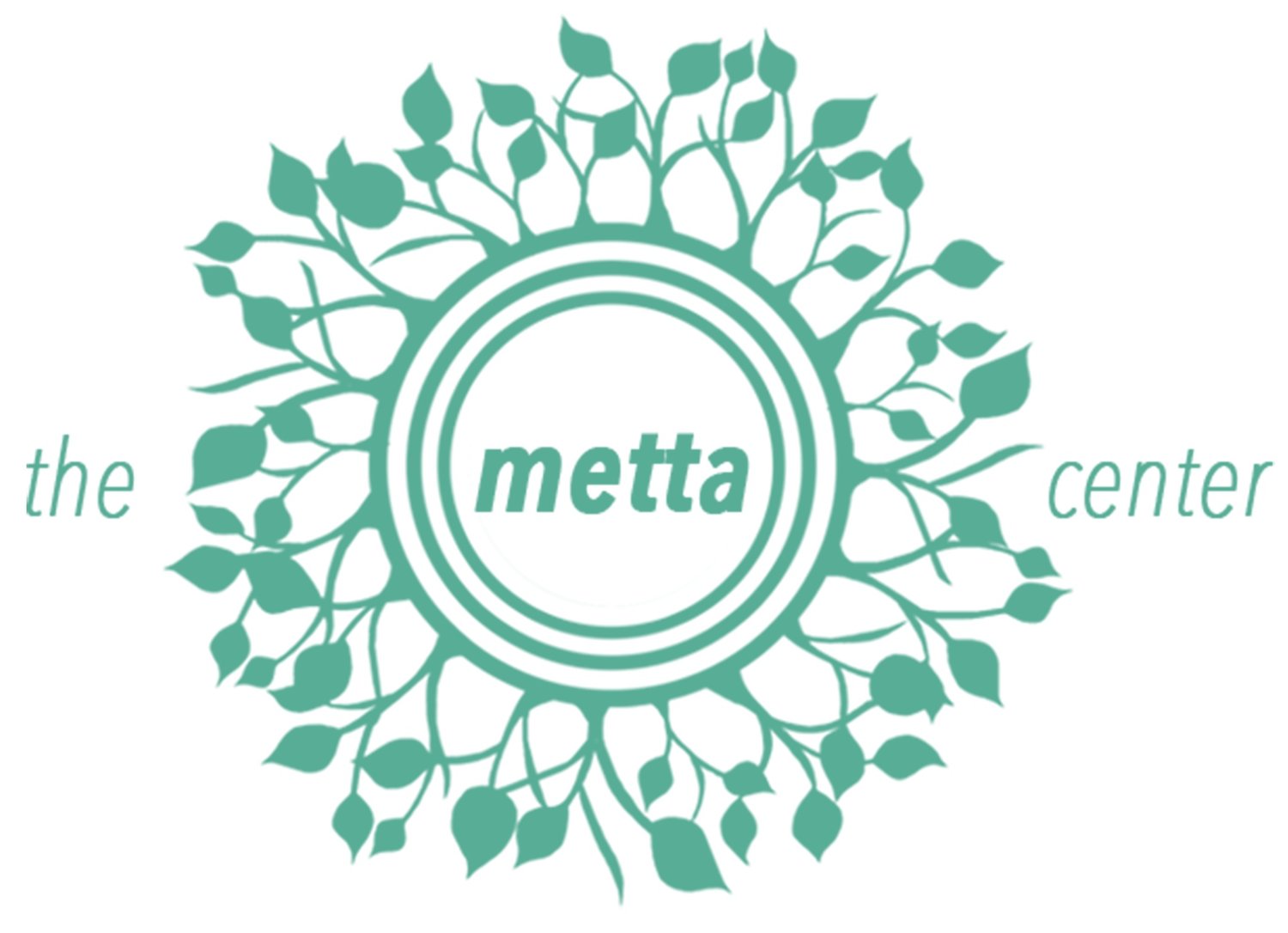WHAT IS YOGA?
Yoga is a multilayered approach to life that incorporates physical, mental, and spiritual practice. Its origins can be found in the civilization that sprung up along the Indus River Valley, in what is now northern India. Since then it has grown and evolved through many iterations of influence into its current form. To put Yoga in perspective, Yoga is just one of six fundamental systems of Indian philosophy collectively known as Darsana, a word meaning "point of view" or "way of seeing." Raja Yoga is just one kind of Yoga among many; and physical poses make up just one out of the eight 'limbs' of which Raja Yoga is comprised. So yoga experienced as a flow of physical poses, as it is often practiced in the United States, is a very small piece of a much larger mosaic.
Sanskrit is the original language of Yoga, which is why you hear words such as Asana (posture), Tadasana (mountain pose), and Savasana (corpse/resting pose) in yoga class. One early Sanskrit text of Yoga, 'The Yoga Sutras of Patanjali,' tells us about the eight limbs of Raja Yoga. Increasing skill in the various limbs, such as breath work, one-pointed focus and meditation, enhances a yoga practitioner's life and relationships both on and off the mat. A regular yoga practice can create mental clarity and calmness, increase body awareness, relieve chronic stress patterns, relax the mind, center the attention, and sharpen the concentration.
IS YOGA A RELIGION?
Though there is a collection of ancient writings that form a basis for Yoga, and Raja Yoga does include a collection of moral and ethical guidelines called 'yamas' and 'niyamas', Yoga is not considered a religion. Rather it is considered a spiritual practice with its roots in Vedic, Hindu, Jain, and Buddhist texts. One could say Yoga is a system of practices aimed towards the development of human capacity. It attempts to activate a practitioner's potential and help them live a fully-realized life of awareness. Thus it has become a valued part of living for people from many diverse backgrounds.
According to T.K..V Desikachar, one of Yoga’s revered early teachers, “Yoga has its root in Indian thought, but its content is universal because it is about the means by which we can make the changes we desire in our lives. It is not necessary to subscribe to any particular ideas of God in order to follow the yoga path. The practice of yoga only requires us to act and to be attentive to our actions.”
Footnote: T.K.V. Desikachar, The Heart of Yoga, Inner Traditions International, Page 6

